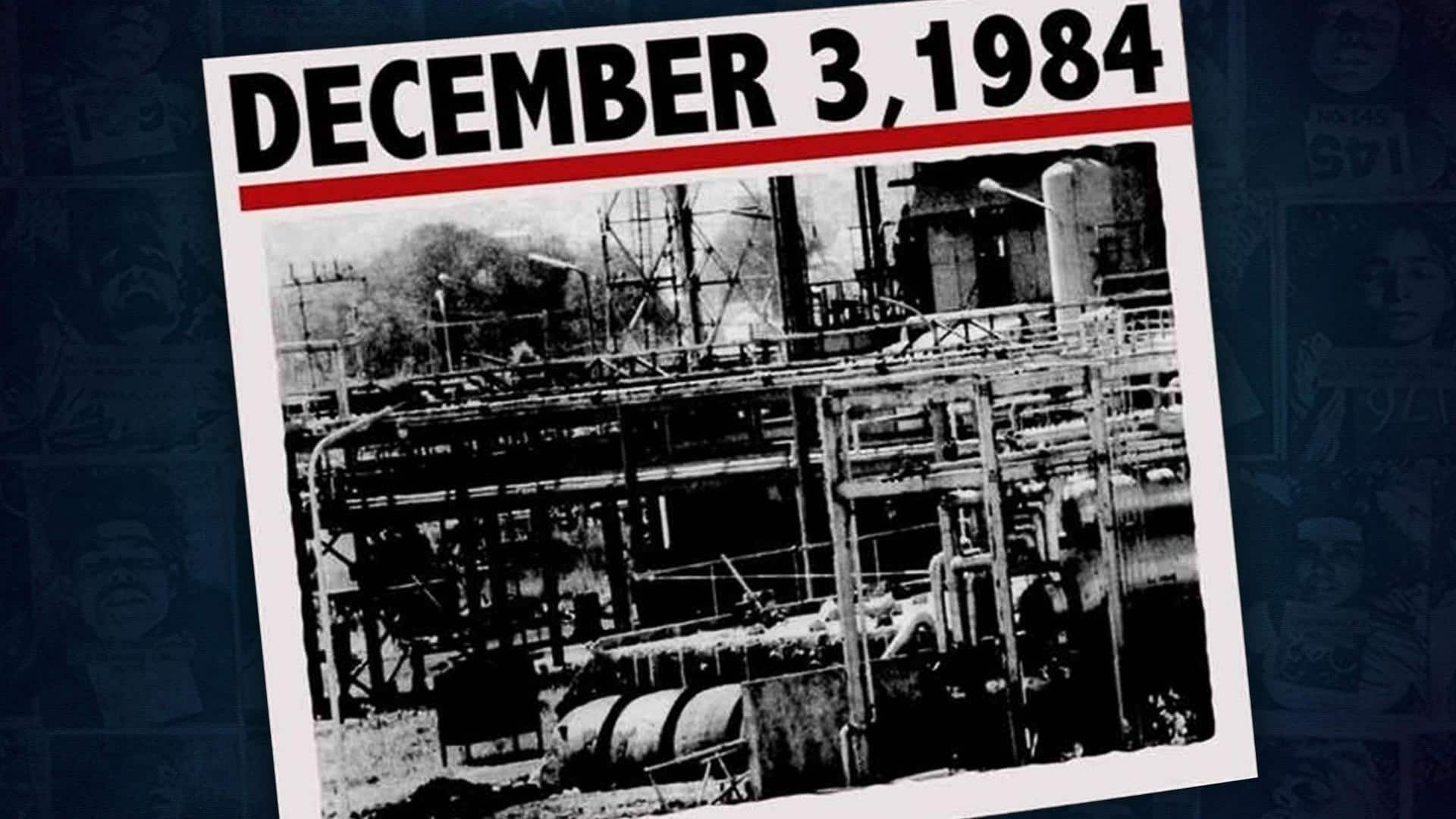
Bhopal Gas Tragedy: Setback for Centre; SC dismisses compensation plea
What's the story
In a setback for the Centre, the Supreme Court on Tuesday dismissed its petition seeking additional compensation from Union Carbide Corporation (UCC) for the 1984 Bhopal Gas Tragedy, which killed over 3,000 people. The Centre had demanded that the case be reopened and the company be directed to pay additional compensation of Rs. 7,844 crore to the gas leak disaster victims.
Context
Why does this story matter?
On December 2, 1984, a toxic gas leak from the UCC's Bhopal factory killed over 3,000 people. Former chairman of UCC, Warren Anderson, was the main accused but did not appear for trial. He was declared an absconder in 1992. In 1989, the company paid the victims Rs. 715 crore as settlement. However, the Centre sought additional compensation through a 2010 curative petition.
Details
What does Supreme Court say?
While rejecting the government's plea, a five-member Constitution Bench stated that the settlement might only be set aside on the basis of fraud and that the Centre had made no such claim. The government's plea had contended that the magnitude of the actual harm done to human lives and the environment could not be accurately determined in 1989 when the settlement was done.
Proceedings
Supreme Court slams Centre for being 'negligent'
Instead, the court directed the Centre to use the Rs. 50 crore "lying with the Reserve Bank of India (RBI)" to address the victims' needs. It further said the government cannot be "negligent," adding the responsibility was on the Union of India to make good the deficiency in the compensation. "The failure to take insurance policies is gross negligence on its part," it said.
Quote
Union of India failed to furnish rationale: SC
"The Union cannot be negligent on this aspect and seek a prayer to fix responsibility on the UCC," the bench said, per Live Law. "We are unsatisfied with the Union of India for not furnishing any rationale for raking up this issue after two decades."
Background
How did UCC argue in Court?
On January 12, the UCC's successor firm, Dow Chemicals, told the court that the rupee's depreciation since 1989, when the settlement arrived, cannot be a ground to seek additional compensation for the victims. "It's easy to dip into someone else's pocket and take out the money. Dip into your own pocket and give the money to victims," the court told the Centre.
About
What was the Bhopal gas tragedy?
On the night of 2-3 December 1984, Methyl Isocyanate gas leaked out of UCC India Limited's pesticide plant in Bhopal, Madhya Pradesh after water accidentally entered the storage tank. Around 30 metric tons of gas escaped into the atmosphere in 45-60 minutes, spreading across vast areas and engulfing nearby villages. Over 3,787 people died of exposure to the gas, and over 500,000 were injured.
Leak
CBI accused UCC of negligence in the case
The Central Bureau of Investigation (CBI), which probed the incident, indicted UCC, saying faulty pipelines led to leaking. However, UCC claimed that it was an act of sabotage. Methyl Isocyanate, the highly toxic gas that leaked, is an organic compound used in the production of rubber, adhesives, plastic, and fertilizers. It is hazardous to human health.